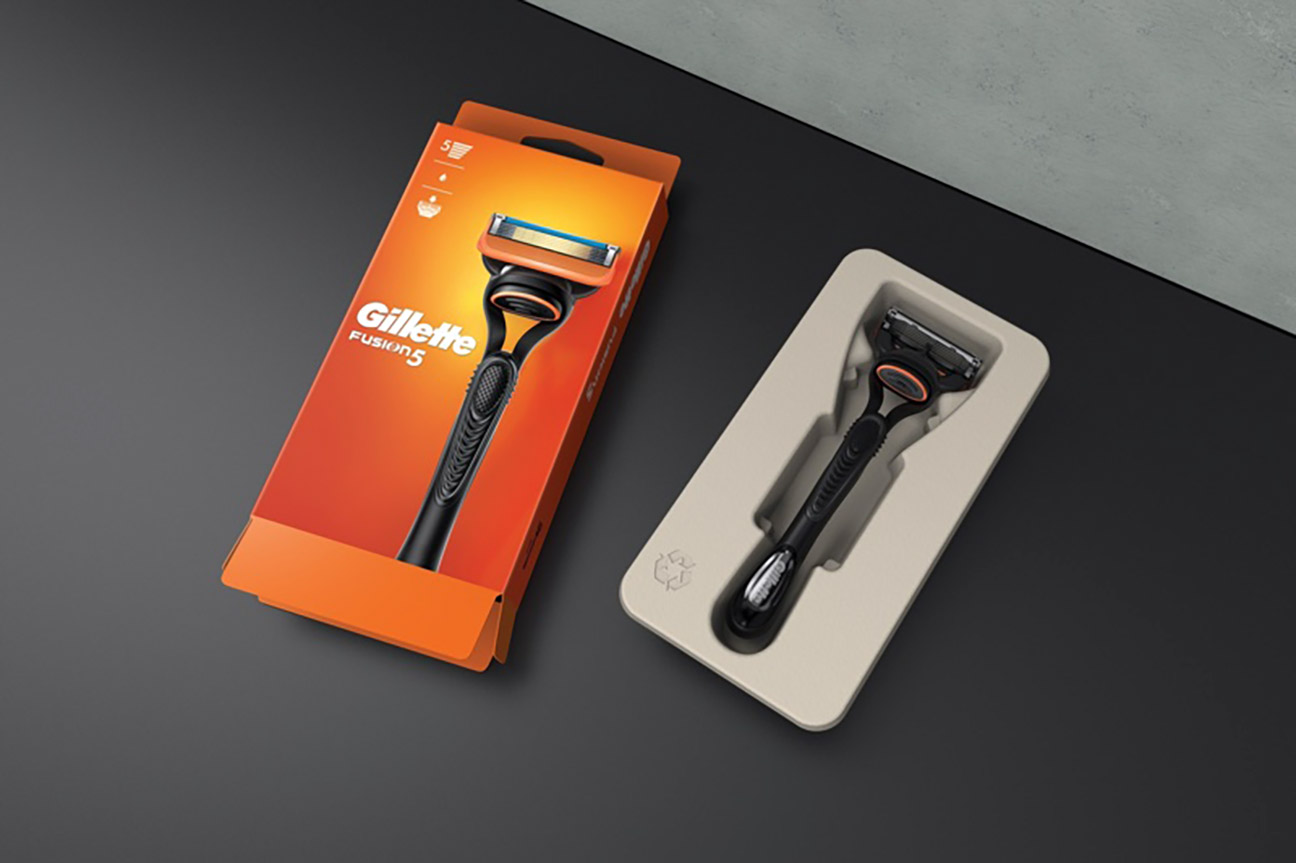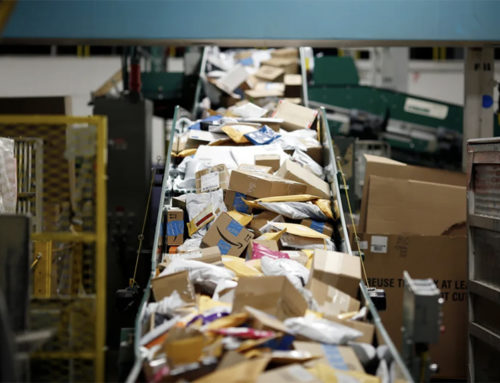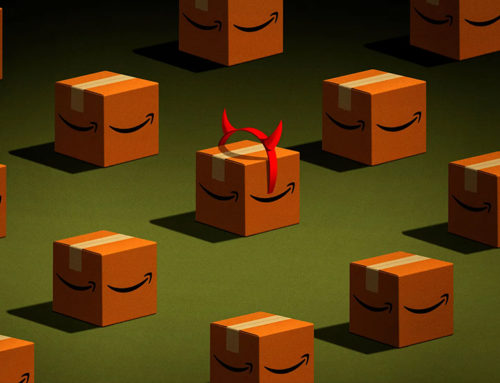Procter & Gamble (P&G) and Dow, two industry giants, have joined forces to pioneer a revolutionary plastic waste recycling technology. This collaboration aims to transform challenging-to-recycle plastic packaging into high-quality recycled polyethylene, with significantly reduced greenhouse gas emissions compared to conventional fossil-based polyethylene.
The partnership between P&G, known for brands like Gillette and Head & Shoulders, and Dow involves a joint development agreement. They will focus on converting post-household plastic waste, including rigid, flexible, and multi-layer packs that are typically harder to recycle.
The innovative dissolution process utilized in this venture merges the intellectual property and expertise of both companies. P&G plans to incorporate the resulting post-consumer recycled (PCR) polymer into its packaging, marking the commencement of an immediate partnership that is expected to continue until commercialization.

Advanced recycling techniques play a pivotal role in this initiative. These methods, as outlined by the sustainability charity WRAP, encompass pyrolysis, gasification, dissolution, and chemical depolymerization. Dissolution, in particular, involves dissolving polymers in a solvent to separate contaminants, allowing for the recycling of the polymer into near-virgin quality material.
Dow’s previous success with Surlyn CIR, a polymer derived from chemically recycling mixed plastic waste, serves as a testament to the potential impact of such collaborations in plastic waste recycling. Imran Munshi from Dow emphasized the dual benefits of reducing waste destined for landfill or incineration while also decreasing the cosmetic industry’s reliance on virgin fossil materials.
P&G’s commitment to sustainable packaging extends beyond this partnership with Dow. In 2021, P&G collaborated with Eastman to incorporate molecular recycled plastic into its packaging, resulting in products like Herbal Essences shampoos and conditioners with 50% recycled plastic in their primary packaging.
The beauty industry at large is embracing advanced recycling technologies. Brands such as Estée Lauder Companies, LVMH, AmorePacific, and Lumene have also utilized molecular recycled polymers in their packaging. ELC’s collaboration with SK chemicals further underscores the industry’s shift towards environmentally conscious practices, utilizing chemically recycled materials to create sustainable packaging solutions.
As companies like P&G and Dow lead the charge in innovative recycling technologies, the beauty and personal care industry is poised to make significant strides towards a more circular and sustainable future.






